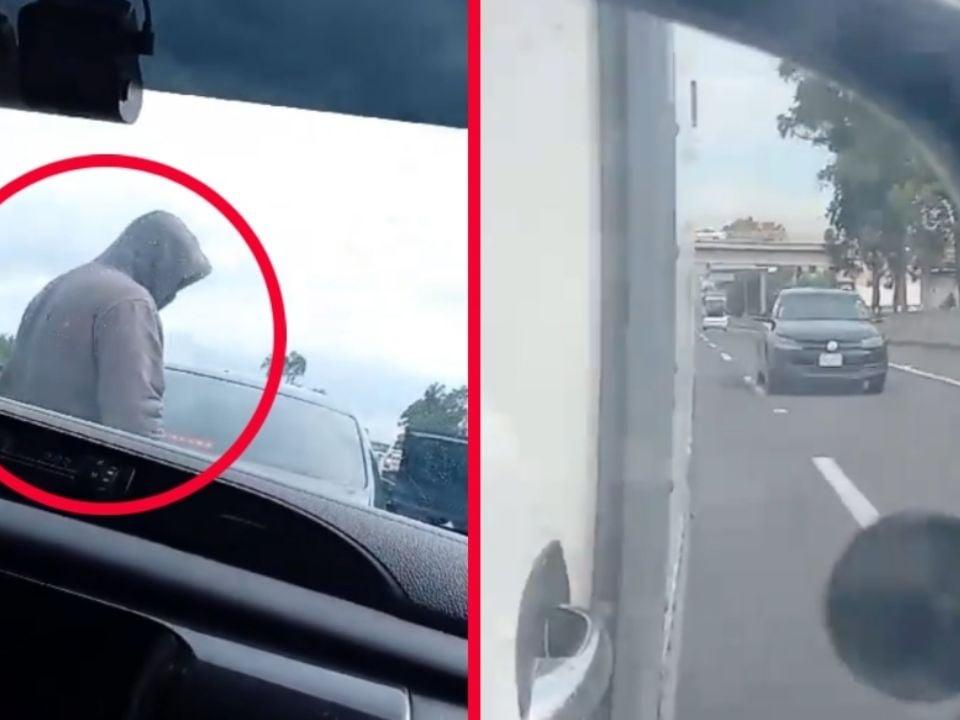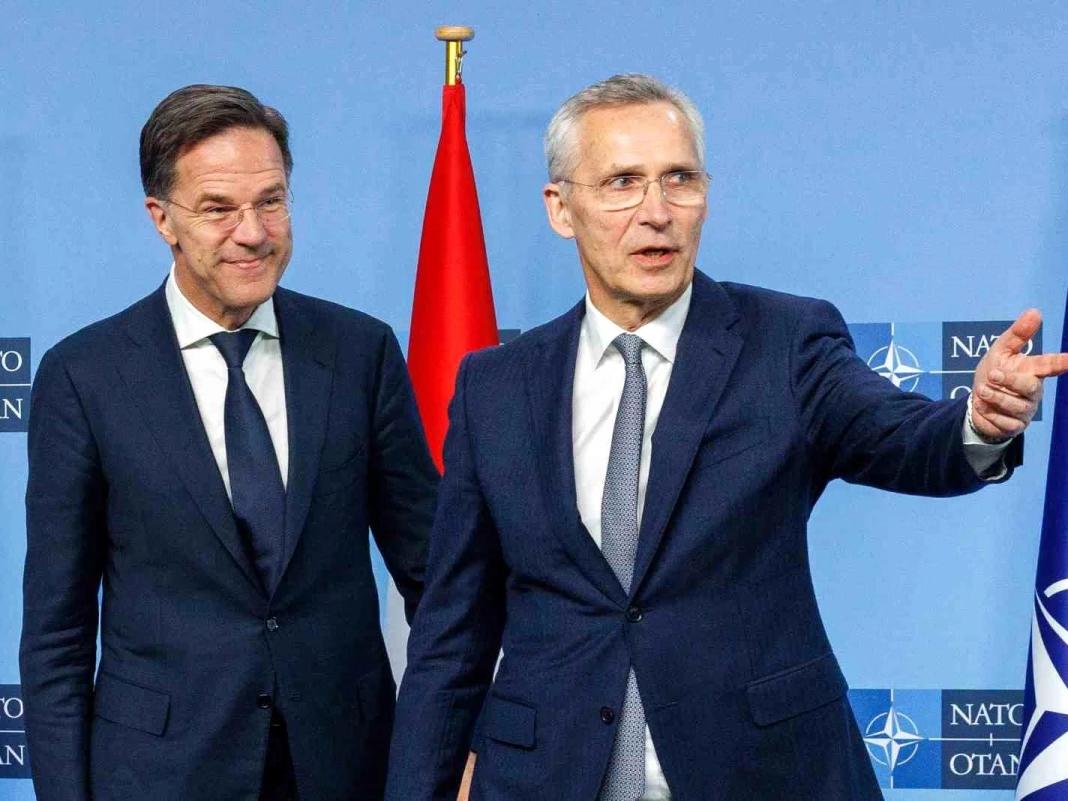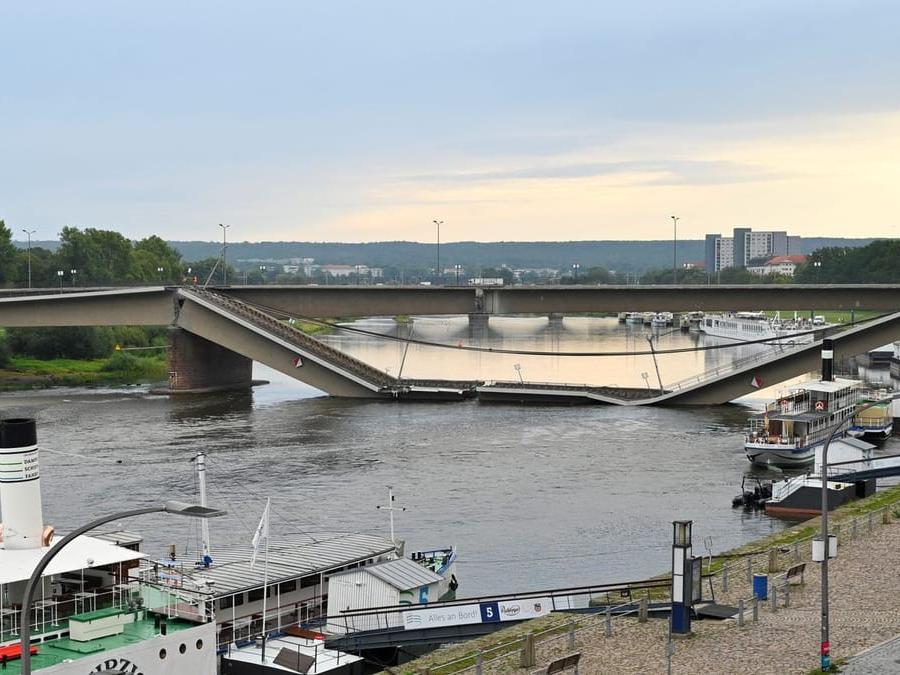Algeria held its presidential election on Saturday, September 7, 2024, with incumbent President Abdelmadjid Tebboune, 78, widely expected to secure a second five-year term. The election featured three candidates: Tebboune, Abdelaali Hassani of the moderate Islamist Movement for Peace Society, and Youcef Aouchiche of the Socialist Forces Front.Despite calls for high participation from officials and candidates, early voter turnout was low. The National Independent Authority for Elections (ANIE) reported that only 4.56% of voters had cast their ballots two hours after polls opened. Prime Minister Nadir Larrabbi urged citizens to participate actively, emphasizing the importance of the election for strengthening democracy in Algeria.The election has faced criticism from some quarters. Political commentator Mohamed Hennad stated, ‘The winner is known in advance,’ referring to Tebboune’s expected victory. Amnesty International has raised concerns about ‘a steady erosion of human rights’ under Tebboune’s rule. The opposition has complained about the lack of genuine competition, with over a dozen potential candidates reportedly disqualified or pressured to withdraw.Tebboune, who cast his vote in western Algiers, expressed confidence in the electoral process, saying, ‘Algeria is an integral part of the Arab, African, and Mediterranean world, and they are all watching, and God willing, things will unfold smoothly and democratically’. He added that he expected ‘Algeria to win in any case’ and that the winner ‘will continue the project’ of the New Algeria.The election is taking place against a backdrop of economic challenges and regional instability. Tebboune has promised to revive Algeria’s economy, aiming to achieve a GDP of $400 billion by 2027. The outcome of this election is seen as crucial for Algeria’s future political and economic trajectory.
Key points
- Algeria held its presidential election on September 7, 2024, with incumbent President Abdelmadjid Tebboune expected to win.
- Early voter turnout was low, with only 4.
- The election has faced criticism for lack of genuine competition and concerns about human rights.
- Tebboune has promised economic revival, aiming for a GDP of $400 billion by 2027.
56% of voters casting ballots in the first two hours.
Contradictions👾While officials and candidates called for high voter participation, early turnout was reported to be low.
👾Tebboune expressed confidence in a smooth democratic process, but critics argue the election lacks genuine competition.



